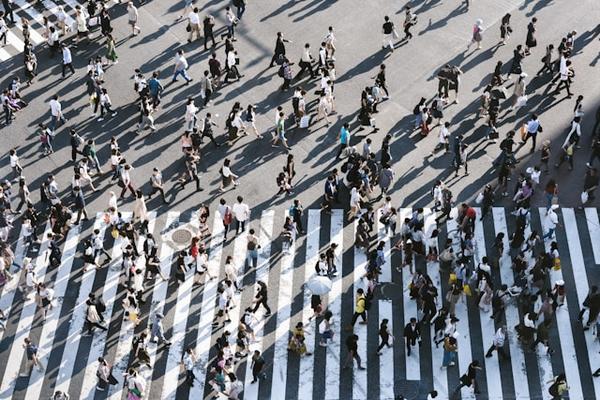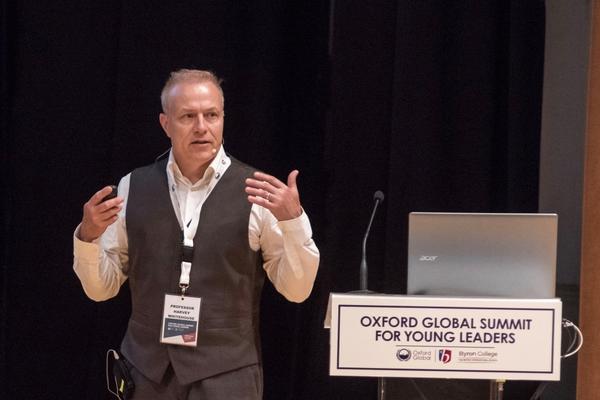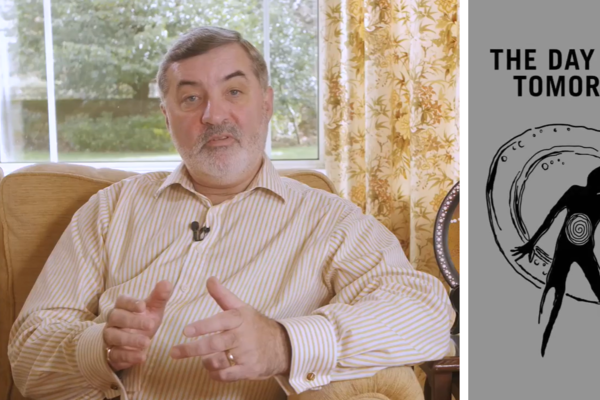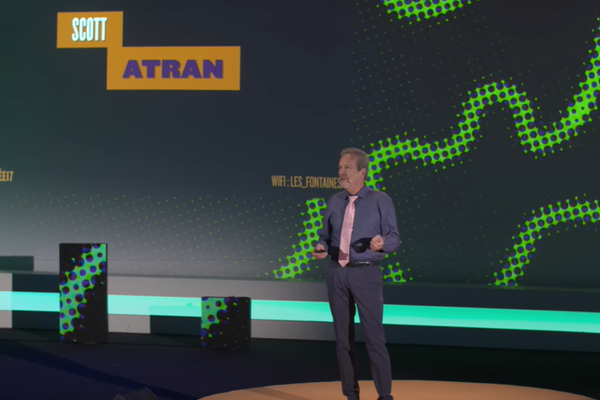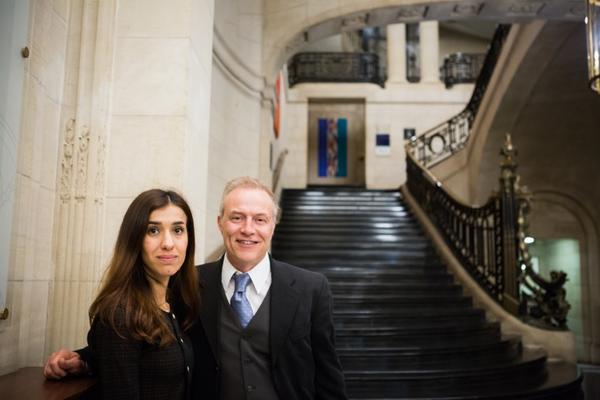Can cohesion be used to address global challenges?
move to slideshow movement controls
 Pause slideshow
move to slideshow content
Pause slideshow
move to slideshow content
Overview
Although social cohesion is one of the most powerful drivers of intergroup conflict, it can also be one of the most enduring solutions. Loving a group entails a commitment to defending when it is under attack, but what if the group could be expanded to encompass humanity at large? And what if external threats were not so much other groups but global problems facing all of us? CSSC researchers have been exploring the psychological processes that enable us to bond with larger and larger groups –not only with other humans but across the species barrier. One of the most important gadgets in our cohesion toolkit is ritual. And so considerable research in this area is focusing on the role rituals can play in connecting us all to humanity at large.
Making a difference
CSSC director Harvey Whitehouse helped establish Oxford’s Centre for the Resolution of Intractable Conflict to help develop practical solutions to warfare and civil unrest. One major strand of research focuses on the role of barrier-crossing leaders—unique individuals who appreciate that the needs of their own groups are often best served by recognizing the needs of other groups. Understanding the psychology that forges such leaders and sustains their efforts to bridge intergroup conflicts is vital to preventing and resolving conflict around the world. Equally important is to address the roots of popular support for intergroup violence. CSSC researchers are developing a ‘volatility’ index designed to identify populations at risk.




